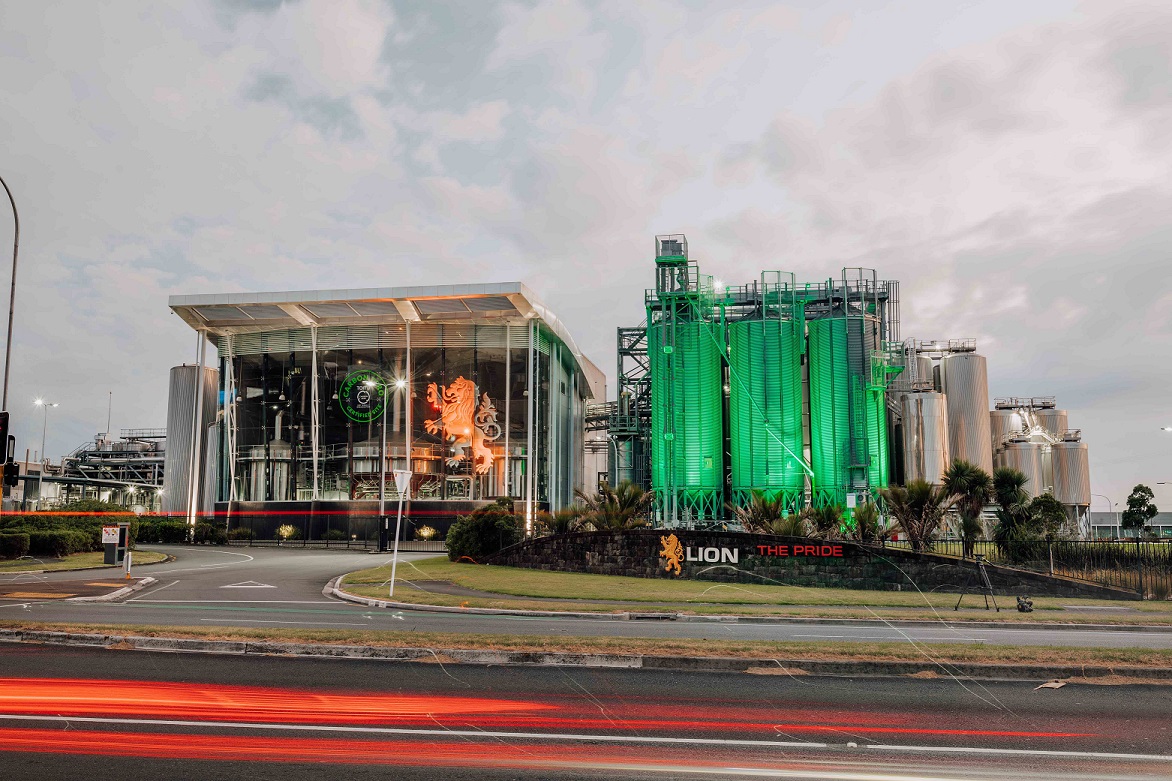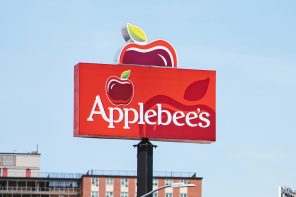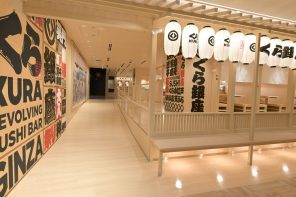Lion New Zealand, which holds close to 30 percent of the country’s alcohol beverage market, has become New Zealand’s first large scale beverage company to be Toitū carbon zero certified.
Through their partnership with Toitū, Lion has undertaken an intensive audit, designed to accurately measure its operational greenhouse gas emissions and put in place strategies to manage and reduce Lion’s carbon footprint each year.
Lion has established a ‘whole family’ carbon reduction approach across its New Zealand manufacturing sites. This includes The Pride and Little Creatures Brewery in Auckland, Panhead Brewery and Havana Coffee Works in Wellington, Wither Hill’s Vineyard and Winery in Blenheim, Speight’s and Emerson’s Breweries based in Dunedin, along with its nationwide chain of Liquor King stores.
“Our certification will require the business to reduce emissions year on year, measured against set targets, one of which is our commitment to running all of our Lion sites across the country on renewable electricity by 2025,” commented Rory Glass, Managing Director of Lion.
As a final lever, and where emissions cannot be reduced at this time, Lion has purchased verified carbon credits from two offsetting initiatives; a forest protection and regeneration project in the South Island and a renewable energy farm in India.
“I applaud Lion’s decision to achieve Toitū carbon zero certification for their operations and key product lines,” said Becky Lloyd, Chief Executive of Toitū Envirocare.
“Lion is leading by example and demonstrating a long-term commitment to transforming their business in line with changing consumer needs for climate-friendly, low carbon products. We’re proud to support Lion in their ongoing commitment to taking credible climate action, grounded in science.”
The certification builds on work already undertaken at The Pride, Lion’s largest multi- beverage facility, by the Lion Energy Deployment Team to improve optimisation and drive production efficiencies reducing emissions. Some initiatives include; optimisation of cleaning process, improved process heat utilisation (such as boiling and pasteurisation), improving refrigeration systems by both controls and storage temperature requirements.
“Through the certification audit it became quite clear that we couldn’t improve what we couldn’t see, highlighting the need for a metering system at our major manufacturing sites,” noted Kat McDonald, Lion Sustainability Manager.
“Once we knew what the major emission sources were, we could establish weekly energy reports working against our targets for optimisation. In the last year alone, our energy expenditure per litre of beer went down by 4 percent and will continue to reduce in 2021.”
The carbon zero certification applies to Lion the organisation, and thus far two individual brands have also achieved carbon zero certification for their entire product life cycle, The Fermentist in 2019 and Steinlager late last year.






